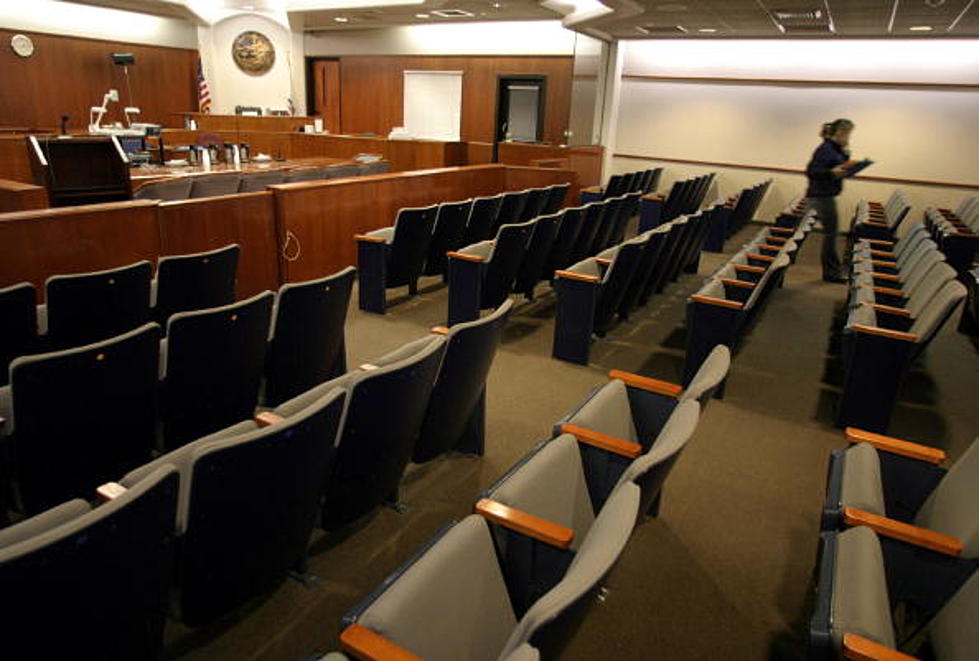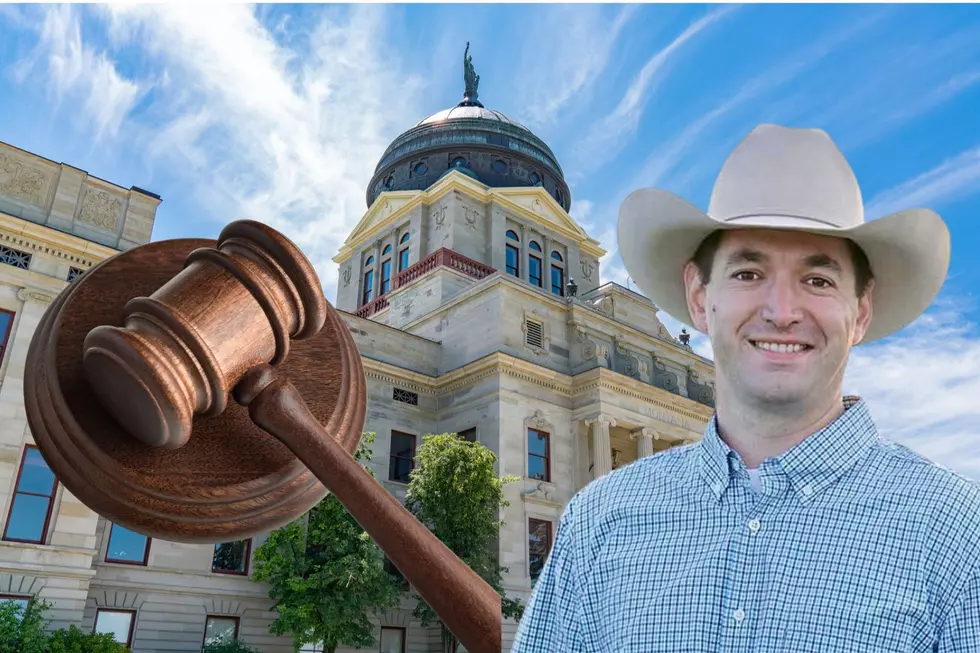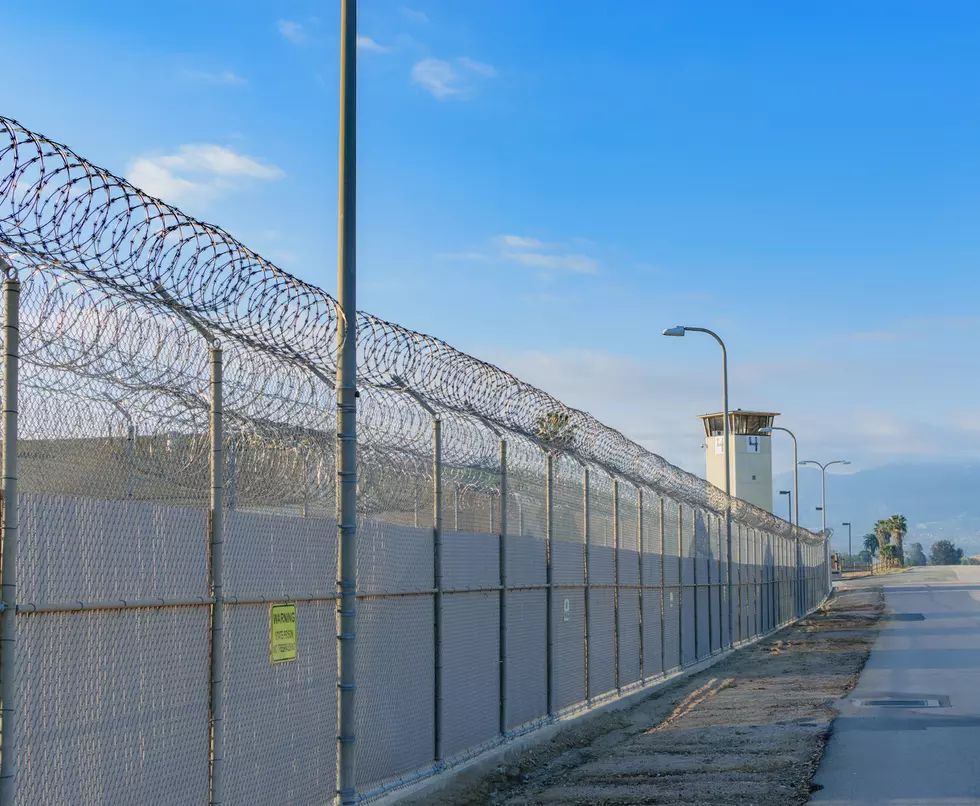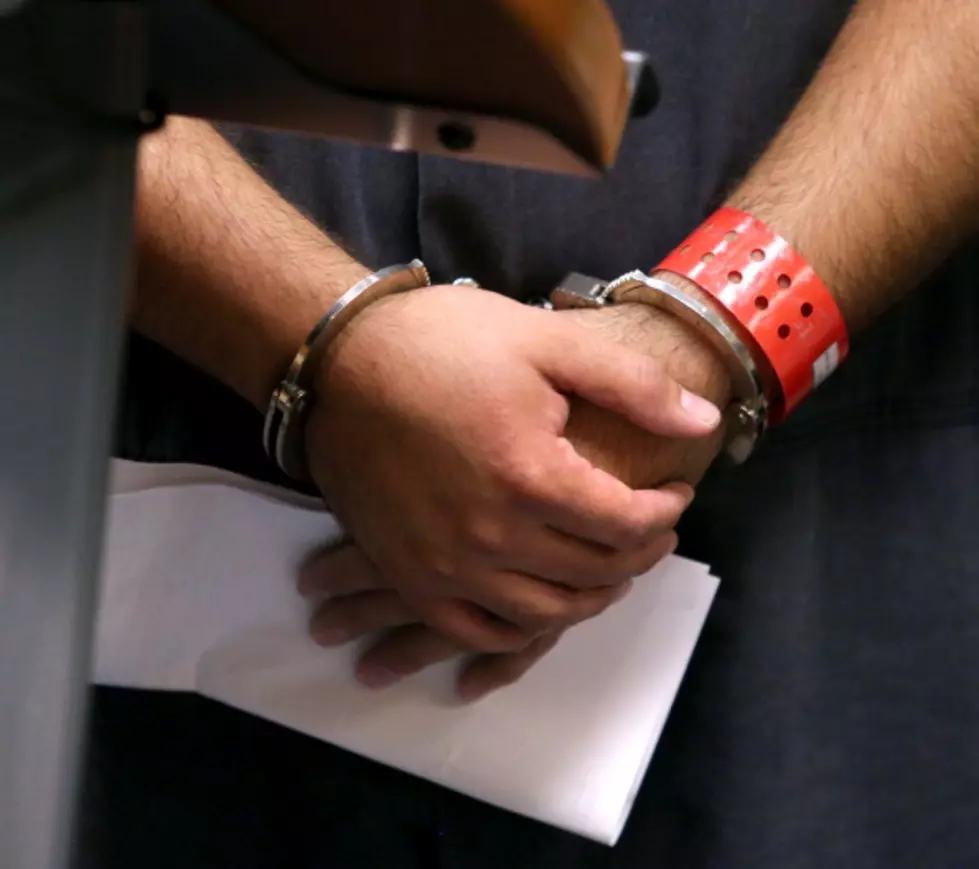
Ruling: State, Local Officers Can’t Make Immigration Arrests
HELENA, Mont. (AP) — State and local law enforcement officers in Montana do not have the authority to arrest people on federal civil immigration detainers, the Montana Supreme Court ruled Wednesday.
“This is a major victory for immigrants in Montana,” Alex Rate, legal director for the American Civil Liberties Union of Montana, said in a statement. “Immigrants throughout Montana must be treated the same as every other individual who is charged with a crime. They will enjoy the presumption of innocence, have the right to post bail and be free pending trial, and be free to step out from underneath the boot of over-aggressive federal immigration officials
The 7-0 ruling came in a lawsuit filed by the ACLU of Montana and others against Lincoln County in October 2018 after Agustin Ramon — a dual resident of Mexico and France — was arrested on charges of stealing prescription medication from a neighbor’s house in Eureka in August 2018.
Ramon’s bail was set at $25,000. But he did not post bond because the sheriff said he would comply with a Department of Homeland Security request to detain Ramon on their behalf for up to another 48 hours after any potential release date.
The ACLU argued in January, and the Montana Supreme Court agreed, that telling Ramon he would not be released if he posted bond constituted another arrest and that Montana law does not give local law enforcement officers the authority to arrest people based on civil immigration detainers.
“The Legislature has specifically authorized DHS officers to conduct arrest for state crimes ... yet it has not done the inverse for state officers,” justices wrote.
The Montana decision matches those in several other states, including Minnesota, Massachusetts and New York, said Dan Galindo, an attorney for the ACLU.
The justices noted that while the Department of Homeland Security’s detainer policy is not a mandatory policy, President Donald Trump issued an executive order providing that “any jurisdictions that willfully refuse to comply” with such requests “are not eligible to receive Federal grants.”
“Depending on each jurisdiction’s dependence on federal funding, such policies promulgated by DHS and the President could result in unconstitutional ‘economic dragooning,’ ” the court noted in a footnote. Such coercion has been found unconstitutional in two California counties, the ruling states.
“We are thrilled that the Supreme Court picked up on the coercive effect of ‘voluntary’ detainer requests,” Rate said.
More From KBUL NEWS TALK 970 AM & 103.3 FM









